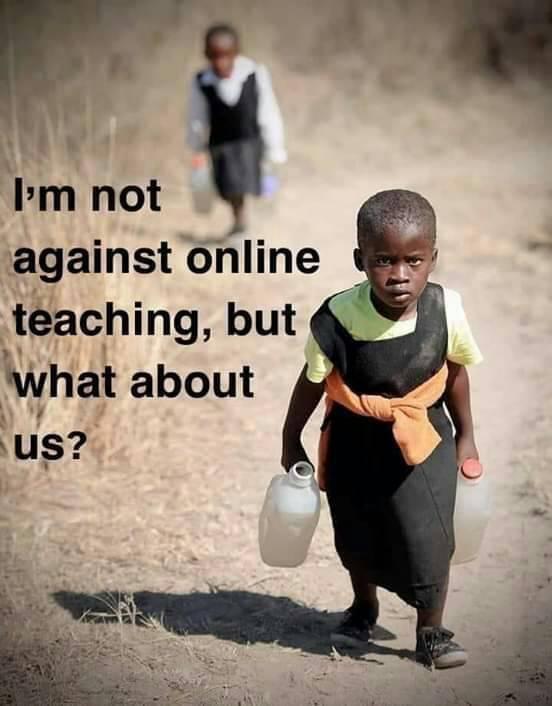Since many children in rural areas have no reliable connection to the internet or the electricity grid, the United Nations Educational, Scientific, and Cultural Organisation (UNESCO) is devising ways to reach these learners during the period of the COVID-19 lockdown.
In an interview with Spiked Online Media, Julia Heiss, the Education Programme Specialist at the UNESCO Regional Office for Southern Africa said her organisation launched the Global Education Coalition to support countries in scaling up good practices of distance learning solutions and to reach out to the most at-risk children and youths.
The education specialist said the initiative should help countries in mobilizing resources and implementing innovative and context-appropriate solutions to provide education and learning remotely, leveraging hi-tech, low-tech, and no-tech approaches and to seek equitable solutions and universal access.
The UNESCO Regional Office for Southern Africa supports Southern African countries to reduce the negative effects of school closures following the unprecedented health crisis through alternative education options and has signed a UNESCO/SADC joint statement to provide support to the SADC Member States to ensure continuity of education under the hashtag #LearningNeverStops https://en.unesco.org/news/sadc-and-unesco-sign-agreement-ensure-learning-never-stops
“The majority of the school population in our region and in particular in rural areas have no reliable connection to the internet or the electricity grid. To reach these learners during the period of the COVID-19 lockdown, we need to propose locally adapted, technology-based, solutions for alternative and home-based education that do not require a high performing and permanent internet connection.
“These include for example interactive education programme via community radio; mobile telephone learning applications and education pogrammes and resources, including video and audio resources that are available offline,” Heiss said.
She singled out community radio as a tool to be highly effective in reaching the most at risk and addressing people about their local concerns in their local languages.
Heiss said there is a need to support distance learning and the continuation of education in hard to reach and rural communities through life tutoring.
“Advantages of life- radio lessons via community radios are that they can be designed in accordance with the specific national curriculum and to the needs of the targeted community and reach remote populations with no connection to the internet.
“Such lessons can be designed in an interactive manner whereby students pose questions via phone text messages to be answered by a moderating teacher.”
